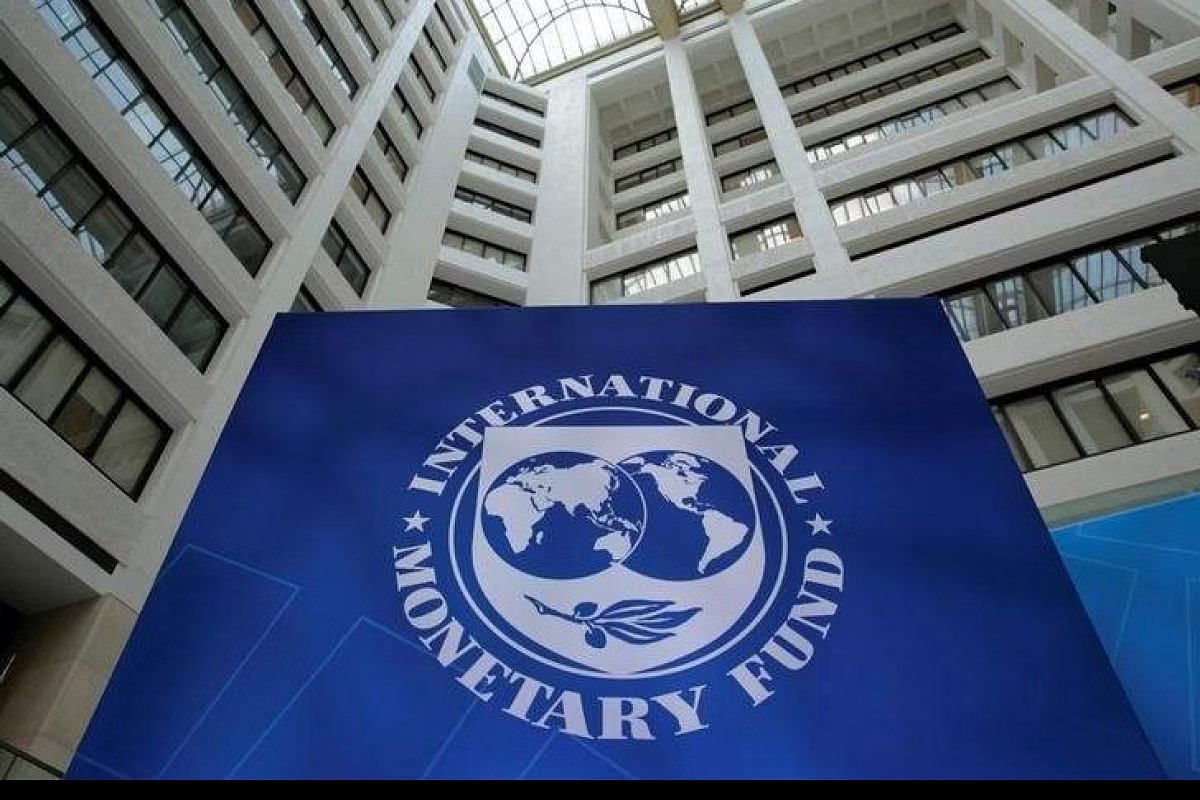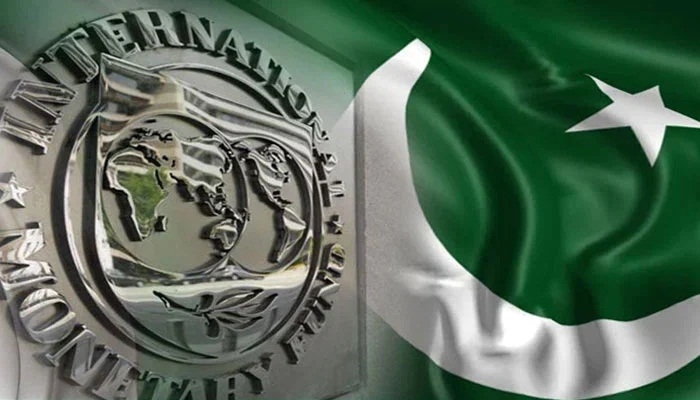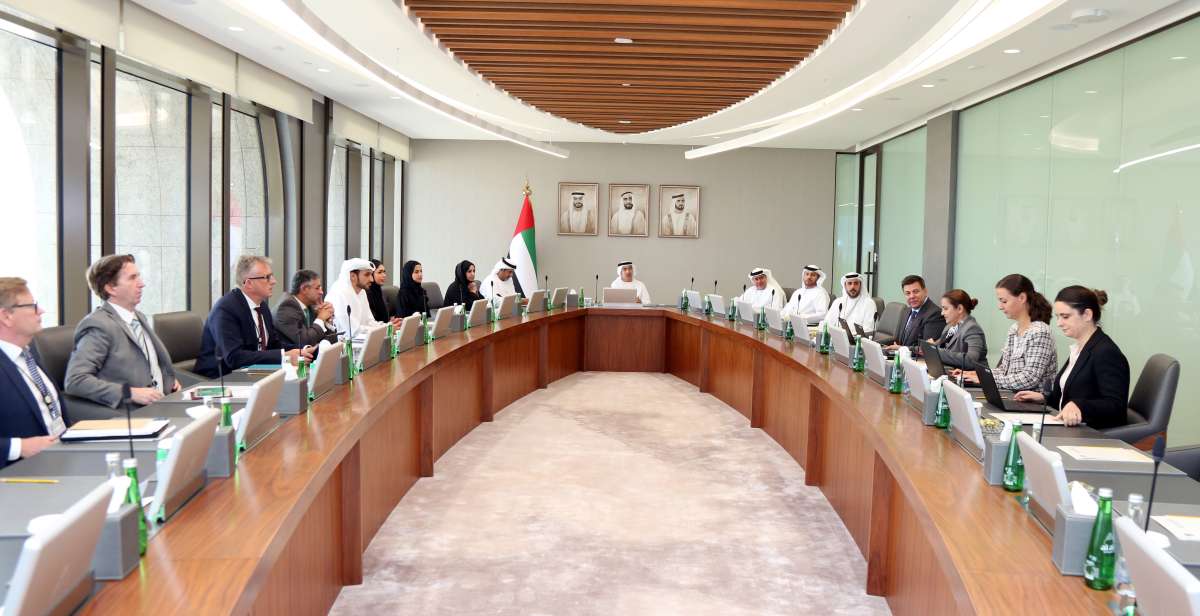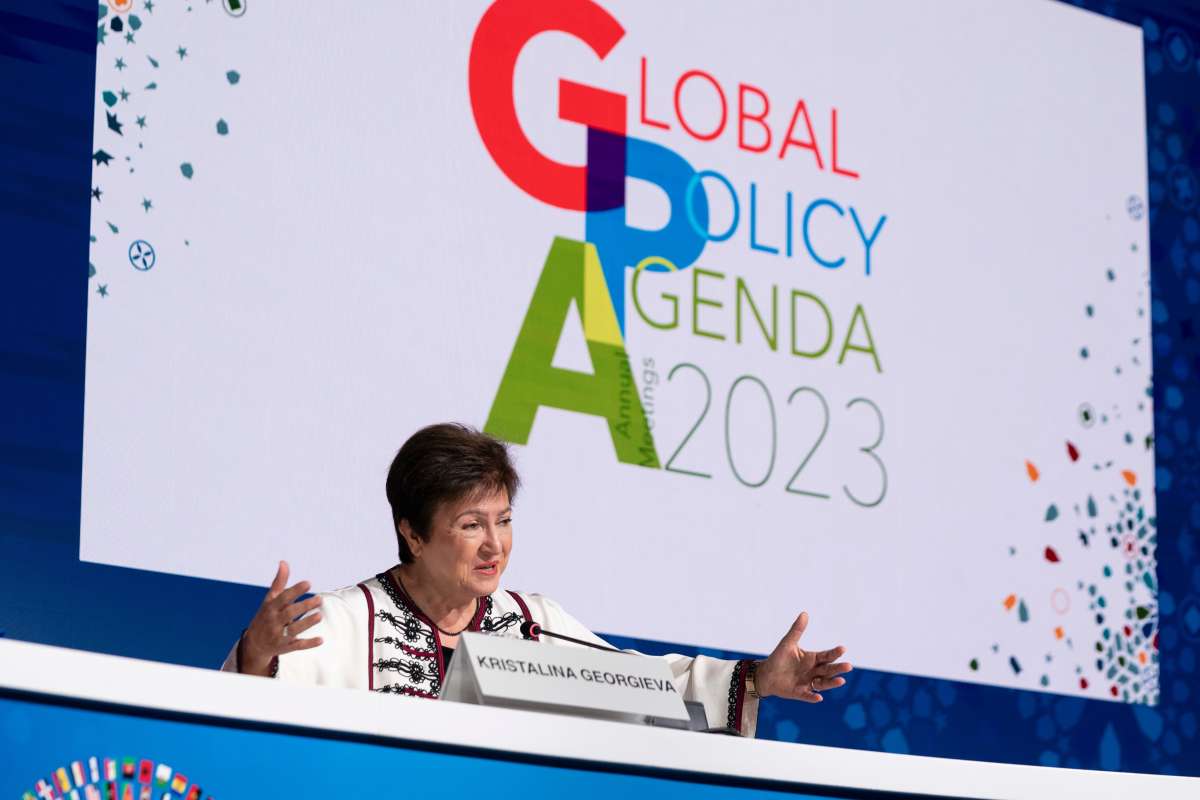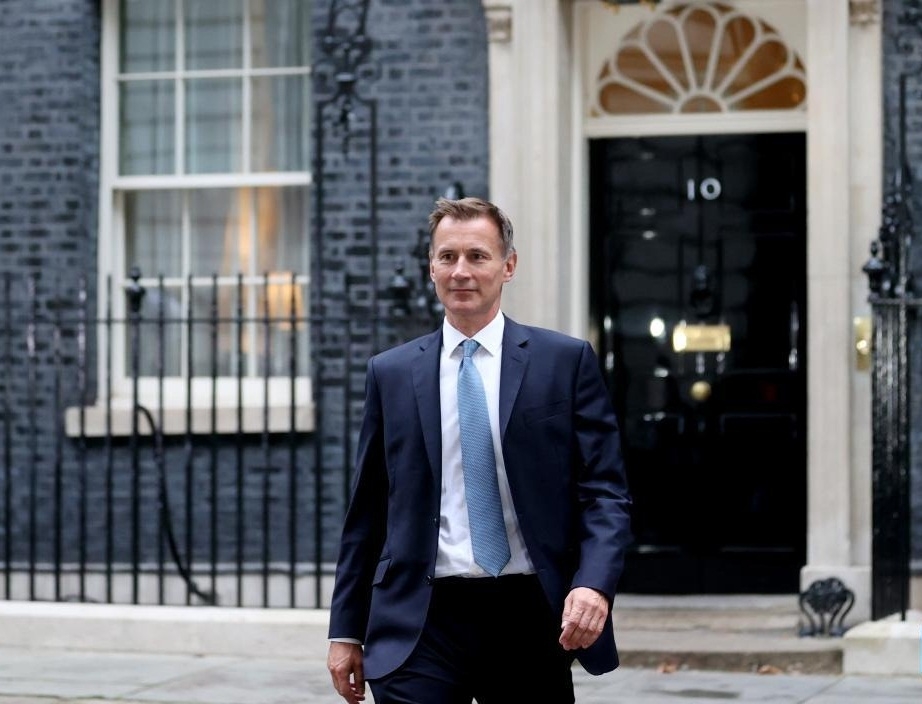Among the Group of Seven (G7) advanced economies, growth in European countries looks set to remain weak, reflecting ongoing challenges, while Japan and Canada are expected to fare slightly better…reports Asian Lite News
The IMF announced Tuesday it has raised its 2024 global growth forecast to 3.1 percent, citing unexpected resilience in major advanced and emerging market economies around the world, including the United States and China.
The updated figure, released in the latest World Economic Outlook (WEO) report, is 0.2 percentage points higher than the International Monetary Fund’s previous forecast in October.
“The global economy continues to display remarkable resilience, with inflation declining steadily and growth holding up,” IMF chief economist Pierre-Olivier Gourinchas told reporters in South Africa Tuesday.
“The chance of a soft landing has increased, but the pace of expansion remains slow and risks remain,” he added, alluding to policymakers’ attempts to successfully cut inflation by raising interest rates while avoiding a recession.
Despite the upgrade, the IMF predicts that global growth will remain below its recent historical average of 3.8 percent this year and next due to continued impacts of elevated interest rates, the withdrawal of pandemic-related government support, and persistently low levels of productivity.
Among the Group of Seven (G7) advanced economies, growth in European countries looks set to remain weak, reflecting ongoing challenges, while Japan and Canada are expected to fare slightly better.
The IMF’s overall inflation outlook remained unchanged at 5.8 percent for 2024, but that masks a significant underlying shift between richer and poorer countries.
Inflation in advanced economies is now forecast to be 2.6 percent in 2024, down 0.4 percentage points from October, while emerging and developing economies are expected to hit an annual inflation rate of 8.1 percent, up 0.3 percentage points.
Much of the increase can be attributed to trouble in Argentina, where consumer price increases exceeded 200 percent last year amid an economic crisis.
“Excluding Argentina, global headline inflation will decline to 4.9 percent this year,” Gourinchas said.
The United States and China, the world’s two largest economies, both saw significant upgrades to their growth outlook for 2024, putting them on track for a less substantial slowdown than the IMF previously anticipated.
The IMF now expects the US economy to grow by 2.1 percent in 2024 — an election year in which President Joe Biden is seeking a second term — down slightly from an estimated 2.5 percent in 2023.
This is largely due to the “statistical carryover effects from the stronger-than-expected growth outcome for 2023,” the IMF said.
China’s economy is on track to hit 4.6 percent growth this year, up 0.4 percentage points, though it is still expected to slow down from last year’s figure of 5.2 percent.
China’s growth upgrade “reflects carryover from stronger-than-expected growth in 2023 and increased government spending on capacity building against natural disasters,” according to the IMF.
The Fund also increased the growth prospects for Russia, Iran and Brazil for the year ahead.

